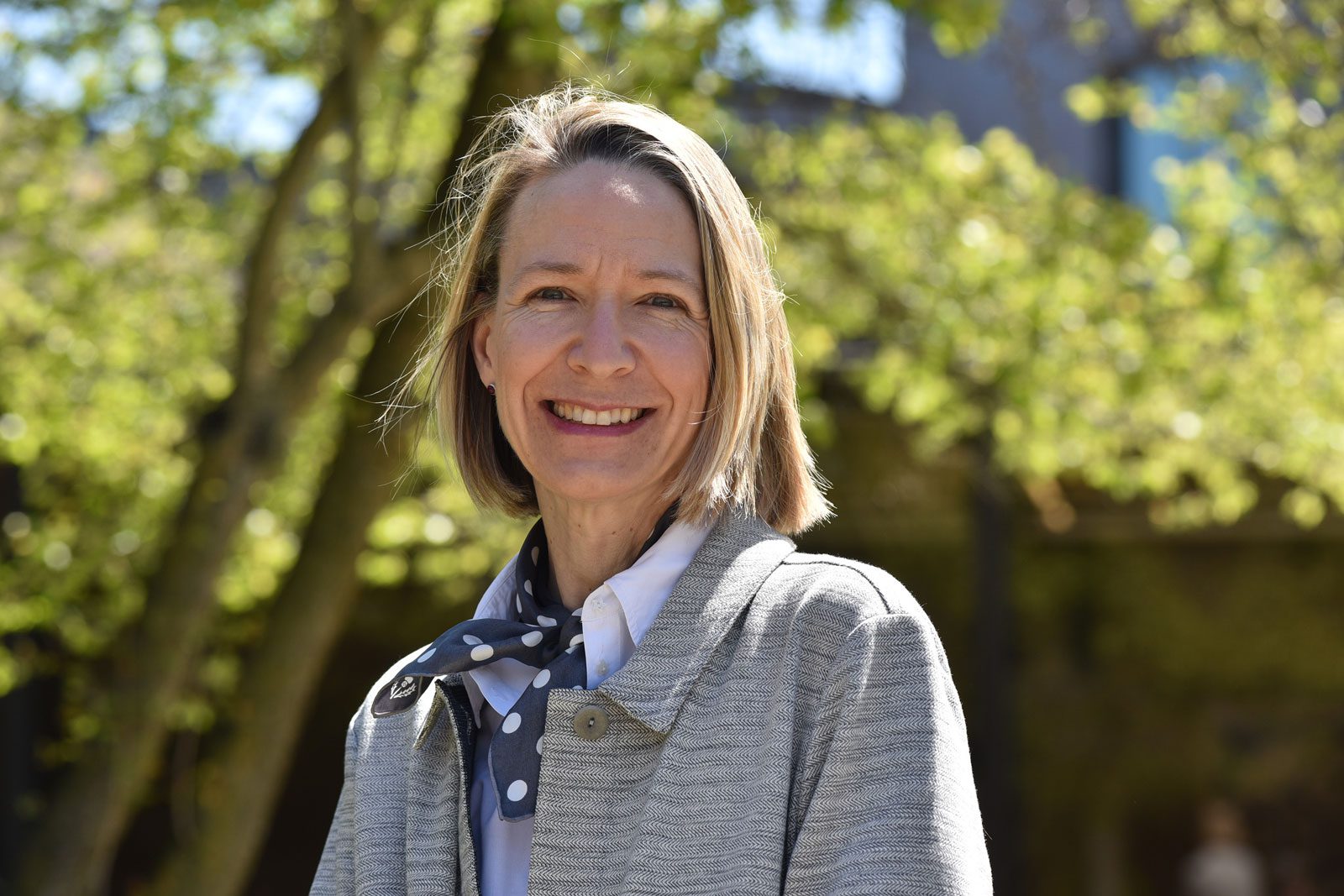Professor Dewar on high stakes in Detroit for families, neighborhoods and M.U.P. student research on foreclosure prevention
Continuing to cover and understand the struggles of homeownership in Detroit, The Detroit News turned to Professor of Urban Planning Margaret Dewar and Master of Urban Planning student research from Dewar and Lecture Eric Dueweke’s UP634 course, which collaborated with the Wayne County Treasurer’s Office on home auctions and buying real estate in Detroit.
In the Detroit Free Press, Dewar discussed how the stakes are high for Detroit’s struggling neighborhoods and families: “One wants to sell to new owners who are going to make positive use of the property, which will reinforce neighborhoods,” said Dewar. However, if these new homeowners fail, overwhelmed by maintenance costs and taxes, the results could be disastrous, she said.
In question in the article were companies that buy up homes in Detroit – homes often with no furnace, water heater, electrical wiring or walls – for cheap at auctions. However, instead of renovating and flipping the home, they resell the house “as is” to families for a profit. Student research on home auctions and buying real estate in Detroit from Urban Planning 634 course, commissioned on behalf of research partner Wayne County Treasurer’s Office, yielded suggestions regarding tax-foreclosed homes including:
- Change state law to allow county treasurers to reduce the 18 percent interest rate on overdue taxes.
- Cancel the second county tax auction where minimum bids on properties start at $500 or raise the minimum bid.
- Ban buyers who owe back taxes from the auction or stop them from transferring ownership for the properties.
- Allow the state, county and city to buy land at the second auction’s bid minimum bid of $500 before the general public.
- Add a clause that properties would return to the county if not kept up to code.
- Require buyers to register vacant properties with the city.
The abstract from the UP634 student research report reads:
The Wayne County Treasurer offered more than 10,000 tax-foreclosed Detroit properties at auction in fall 2010 but did not sell enough at high enough prices to recoup taxes and cover costs. The Treasurer’s Office can make changes that will increase net revenues from the auctions and will increase positive reuse of properties after sale, in part through changes in practices and in part through obtaining changes in the law. Positive reuse of properties promises to slow the numbers of properties entering tax foreclosure and maintain property values over the long term.”
Dewar was also quoted in the July issue of Ebony magazine’s article, “Rebuilding Detroit,” which questioned how Detroit could become the city of the future in light of its need to reinvent itself in the wake of industry decline. “‘If blight can be prevented from moving into intact areas,” said Dewar, “they won’t necessarily decline.”







